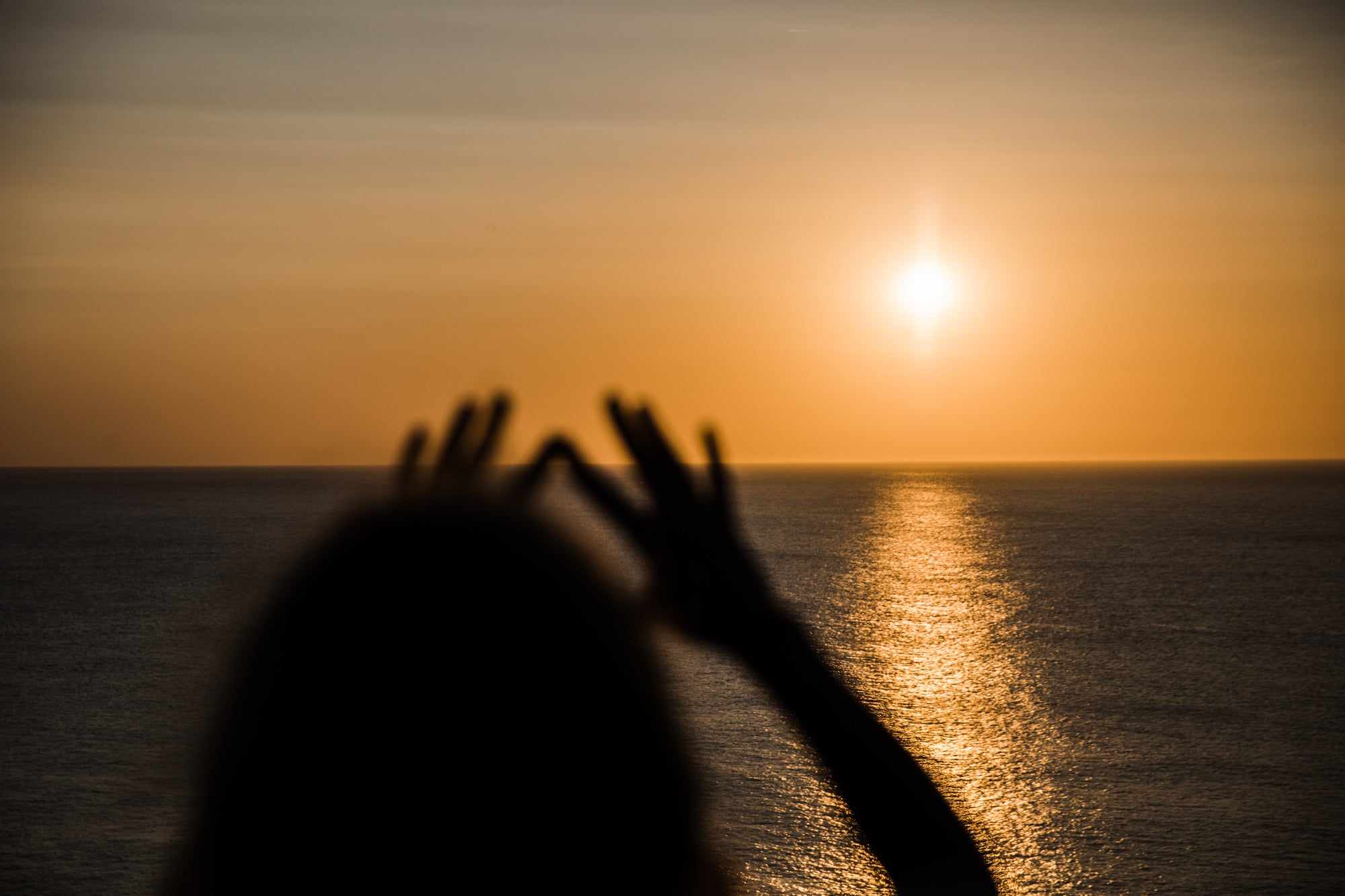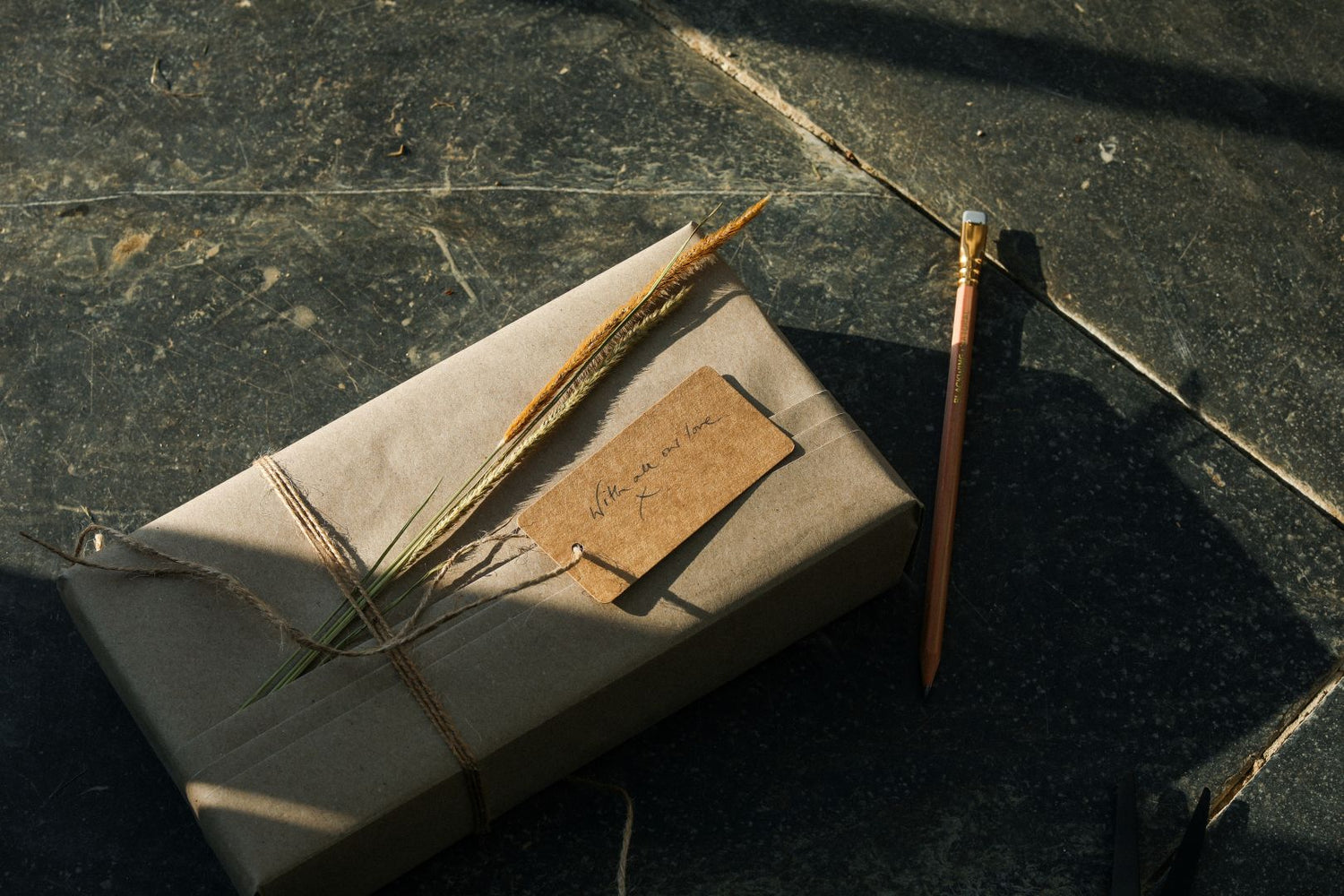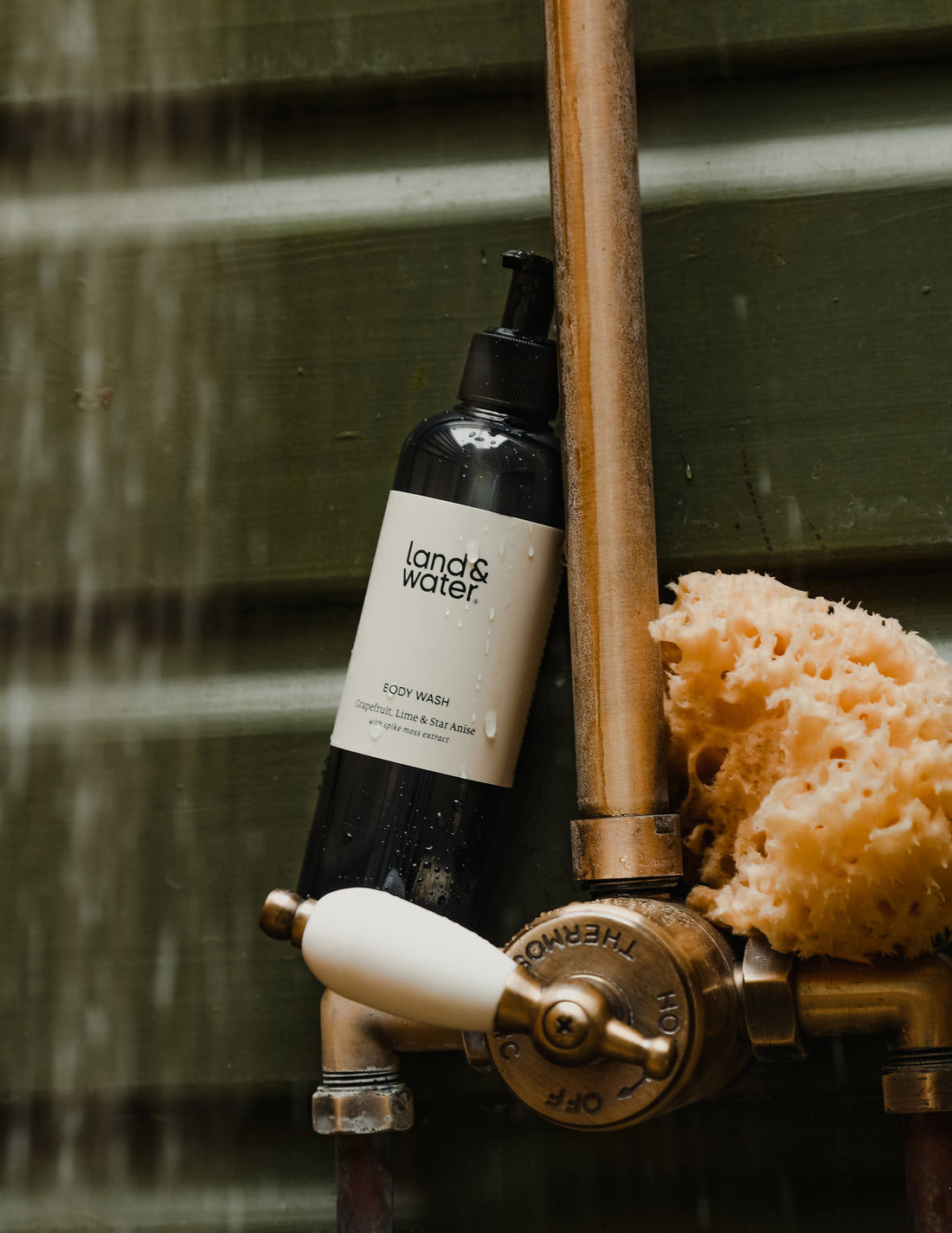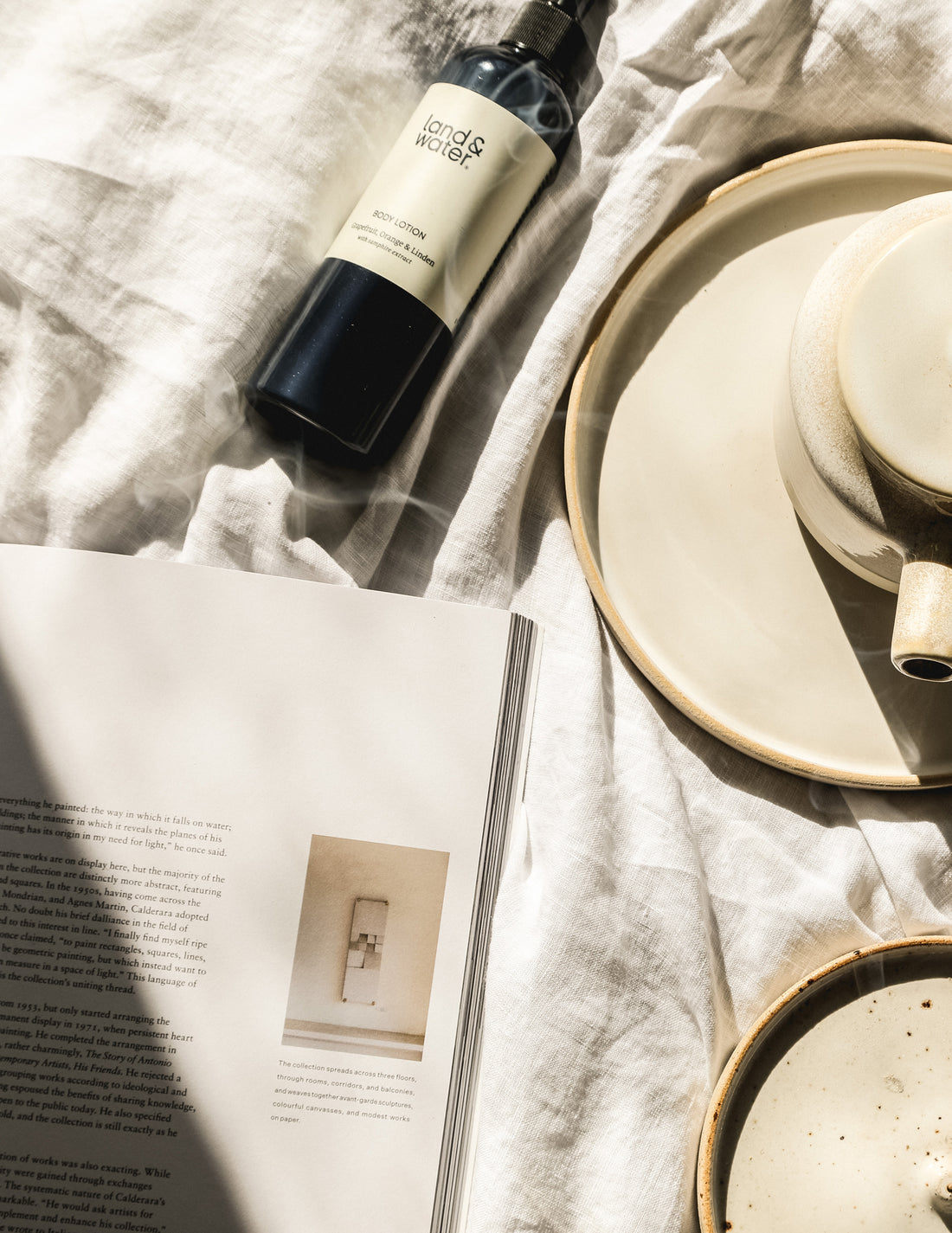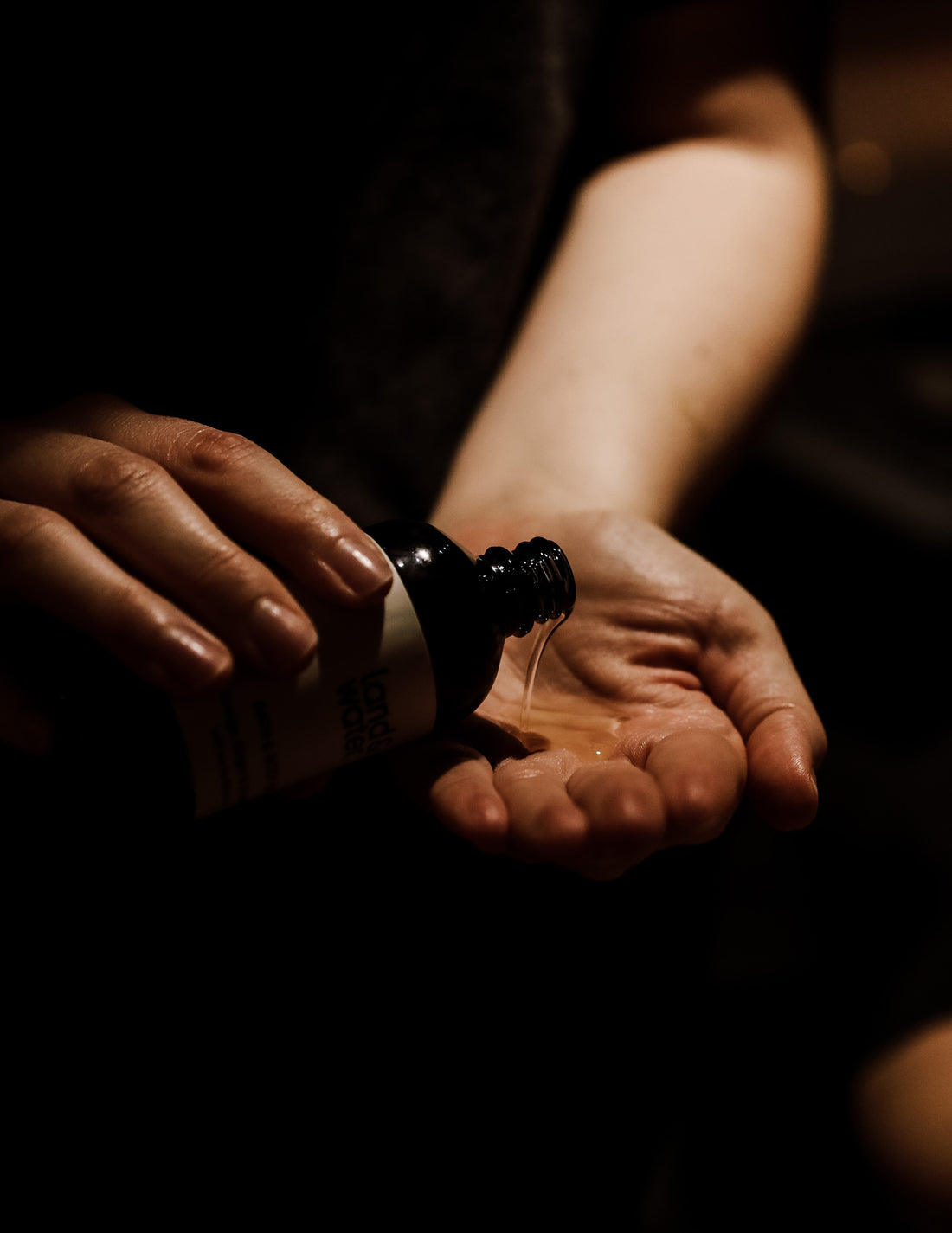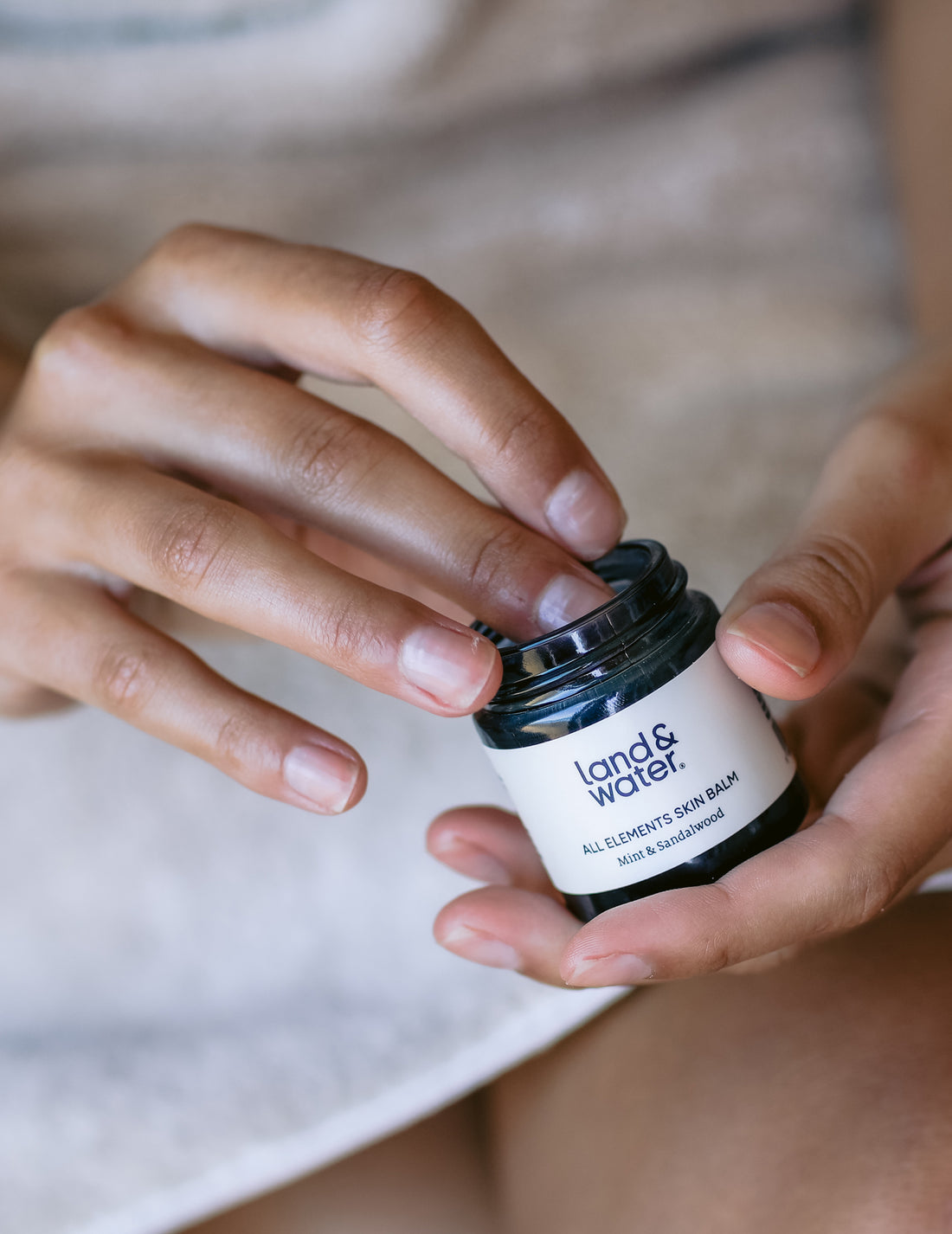The ocean plastic pollution problem is a petrifying one. But there is a way for businesses to begin tackling it – by keeping out of the water. Say hello to prevented ocean plastic, which all land&water bottles are now made from…
“It is the worst of times, but it is the best of times because we still have a chance.” – Sylvia Earle
As so many of us are already all too aware, a toxic tide is rising. It’s suffocating the ocean, killing wildlife and threatening life on earth as we know it. In 2009, OSPAR reported that 8 million pieces of plastic pollution make their way into the ocean every day. UNESCO claims that if we don’t change our ways, by 2050 plastic will outweigh all the fish in the sea. 100,000 marine mammals and turtles are killed by marine plastic pollution every year and it would take 67 ships a year to clean up even 1% of the microplastic soup that is the pacific garbage patch.

Just reading the facts is enough to suck us into a spiralling whirlpool of doom. But doom swirling never helped anyone and there is always a glimmer of hope. So, taking marine biologist, oceanographer, explorer and all-round legend Sylvia Earle as our inspiration, we’re building on how we can make a difference in 2023.
And it starts with our bottles…

Ocean-bound no more
Prevented Ocean Plastic (POP) is an important new tool in the battle against virgin plastic, conceived and developed as a global initiative to embed recycled plastic at the heart of packaging production. Specifically, POP helps ‘at-risk’ countries or regions that:
- Are within 50km (30 miles) of an ocean coastline or major waterway that feeds into the ocean
- Lack waste management infrastructure and collection incentives to tackle their immediate plastic problem
- Have infrastructure that’s being overwhelmed by population growth or tourism
- Have a significant risk to wildlife if plastic contaminates their ecosystem
By supporting the plastic supply chain and creating an ongoing flow of high-quality recycled plastic at industry scale, the programme empowers local communities to become micro-entrepreneurs at the forefront of ocean plastic waste.

Since 2005, POP has stopped over 10 billion bottles from entering the ocean, and every month it prevents a further 1,000 tonnes of plastic pollution. POP packaging is made from 100% ocean-bound plastic from collection centres in at-risk areas.
These collection centres are set up and managed by local communities, who gather, weigh, sort and transport ocean-bound plastic in small teams. The collected plastic is delivered to an aggregation centre for scale and efficiency, before heading to the plastic processing factory. POP production then follows rigorous international quality standards and goes through lab testing to create the final 100% recycled plastic product.

“We must urgently tackle the collection and recycling of plastic so it does not end up in our oceans. Not only to save precious marine life, but also to tackle the climate emergency,” founder of Bantam, the organisation behind POP, Raffi Schieir wrote in the Grocer last year. “With a solution already proven to work, what’s missing now is the demand for it in packaging. Responsible businesses must be the driving force behind this.”
“Since 2005, POP has stopped over 10 billion bottles from entering the ocean, and every month it prevents a further 1,000 tonnes of plastic pollution.”
Part of a sea change
Which is where we pick up the story. Here at land & water, finding the most sustainable solution for our packaging is a never-ending journey and we’re excited to take the next significant step.

All land&water plastic bottles are now made from POP: 100% traceable and 100% made from ocean-bound plastic gathered in coastal communities at risk from plastic pollution.
With an estimated two-thirds of ocean plastic pollution coming straight from land-based sources, initiatives like POP offer a very real way out of the plastic problem – by introducing industry-level change that could shift the needle in plastic production and embed recycled ocean-bound plastic at the heart of the packaging process.

“We’re proud to support the POP initiative with our new bottles this year,” says land&water founder Pix Ashworth. “It feels good to be doing something to fight ocean plastic pollution and taking a step forwards on our mission to find the most sustainable solution for land&water products.”

And feeling good just might be the key. Because despite the paralysing statistics, we can make change happen if we work together and take a positive proactive approach to the problem. Raffi Schieir and his team did it by creating POP in 2005. And thanks to his hard work – along with many other likeminded businesses – we can do it now in 2023.
As Sylvia Earle says, “we still have a chance” to turn the plastic pollution juggernaut around and save the ocean. Feels like starting the year as we mean to go on...
+
Find out more about POP and how the programme works: preventedoceanplastic.com
Watch: Not All Plastic Is The Same | Director's Cut | Prevented Ocean Plastic


